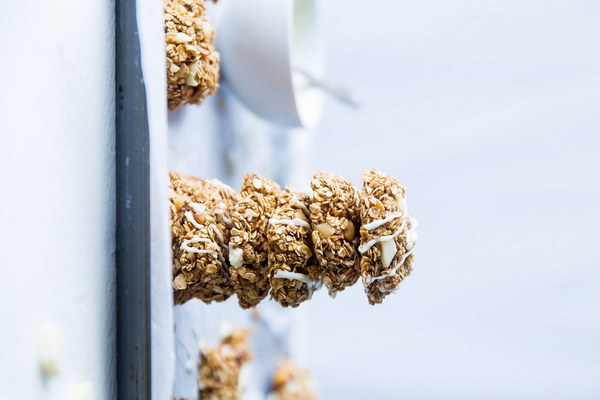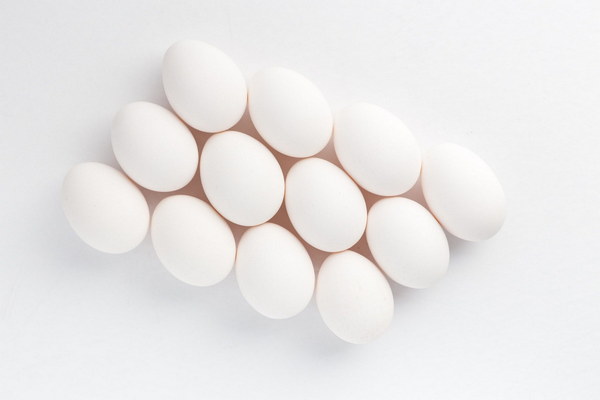The Unexpected Side Effect Delayed Periods from Drinking Wu-Shu Tea
Introduction:
In recent years, Wu-Shu tea has gained immense popularity as a natural remedy for various health issues, including excess moisture in the body. Many women turn to this traditional Chinese tea to alleviate symptoms of dampness, such as fatigue, bloating, and weight gain. However, one unforeseen side effect that has sparked concern among users is the potential delay in menstrual periods. In this article, we will explore the reasons behind this unexpected effect and provide insights on how to manage it.
Understanding Wu-Shu Tea:
Wu-Shu tea, also known as dampness tea, is a herbal tea blend that typically contains ingredients like Cinnamon, Licorice, Astragalus, and other herbs that are believed to help balance the body's moisture levels. By promoting the draining of dampness, Wu-Shu tea aims to improve digestion, boost energy levels, and alleviate symptoms associated with dampness.
The Link Between Wu-Shu Tea and Delayed Periods:
The connection between drinking Wu-Shu tea and delayed menstrual periods lies in the tea's ability to affect the body's hormonal balance. While Wu-Shu tea is intended to help balance moisture levels, it may also interfere with the hormones responsible for regulating the menstrual cycle.
1. Estrogen Levels:
Wu-Shu tea contains certain herbs, such as Licorice, that can influence estrogen levels. Estrogen plays a crucial role in the menstrual cycle, and any disruption in its levels can lead to irregularities, including menstrual delays.
2. Progesterone Levels:
Another hormone that may be affected by Wu-Shu tea is progesterone. This hormone is responsible for preparing the uterus for pregnancy and maintaining the uterine lining. An imbalance in progesterone levels can disrupt the menstrual cycle and result in delayed periods.
3. Thyroid Function:
Wu-Shu tea may also affect thyroid function, as the thyroid hormones are involved in regulating the menstrual cycle. An underactive thyroid can lead to irregular periods, while an overactive thyroid may cause menstrual delays.
Managing Delayed Periods Due to Wu-Shu Tea:
If you have experienced a delay in your menstrual period after drinking Wu-Shu tea, here are some tips to help manage the situation:

1. Consult a Healthcare Professional:
If you're concerned about the delay in your menstrual cycle, it's essential to consult a healthcare professional. They can provide guidance on the best course of action and rule out any underlying health conditions.
2. Reduce Wu-Shu Tea Consumption:
To minimize the impact on your menstrual cycle, consider reducing your consumption of Wu-Shu tea. Start by drinking it in moderation and monitor your menstrual cycle to see if the delay improves.
3. Maintain a Healthy Lifestyle:
A balanced diet, regular exercise, and adequate sleep can help support your hormonal balance and menstrual health. Ensure you're taking care of yourself overall to promote a healthy menstrual cycle.
4. Consider Alternative Remedies:
If you're looking for natural remedies to alleviate symptoms of dampness, consider exploring other options that may not interfere with your menstrual cycle. Consult with a healthcare professional to find the most suitable alternative.
Conclusion:
While Wu-Shu tea can be a beneficial herbal remedy for addressing dampness in the body, it's important to be aware of its potential side effects, including the possibility of delayed menstrual periods. By understanding the reasons behind this unexpected effect and taking appropriate measures to manage it, you can continue to enjoy the benefits of Wu-Shu tea while maintaining a healthy menstrual cycle. Remember to consult with a healthcare professional if you have any concerns about your menstrual health or the effects of Wu-Shu tea on your body.









